Share on social

HOW BREXIT: A TRAGICOMEDY CONTRIBUTED TO SOLO ART FUND- Jane Coyle
The perennially cash-strapped Northern Ireland arts sector has been badly hit by the Coronavirus outbreak. Production has ceased, theatres and galleries closed, leaving the close-knit community of freelance actors, directors, writers, designers, choreographers, dancers, musicians and technicians out of work and out of funds.
Wednesday 29 April 2020
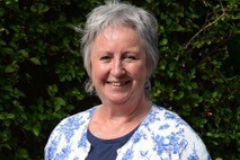
For many years I’ve been an arts journalist and critic, writing about other people’s plays for publications like the Irish Times and The Stage. In 2015, to my great surprise, I was commissioned to write a radio drama on a subject of my own choosing. The result was The Lantern Man, a play set in Dublin during the months leading up to the Easter Rising, which was subsequently adapted as a touring theatre production.
More plays followed: The Suitcase, an award-winning drama set between modern day Belfast and the dark days of 1930s Europe; Both Sides, a pair of interlocking monologues inspired by the works of Samuel Beckett; Farm Girl telling the life story of a young girl from Vienna transported to Northern Ireland on the Kindertransport; and, still in development, After Melissa, which focuses on a writer’s return to Donegal after an eventful life in the Egyptian city of Alexandria.
Brexit: A Tragicomedy was written in the immediate aftermath of the EU Referendum. During the debates and arguments leading up to 23 June 2016, I was struck repeatedly by the way in which many leading members of the Leave campaign seemed to be yearning for a version of ‘Britishness’ which no longer existed.
Their pronouncements brought to mind some of Shakespeare’s most rousing speeches, containing references to ‘sceptred isles’ and a ‘green and pleasant land’. Soon, an impassioned monologue was exploding onto my laptop screen. Shakespeare became joined by other writers, politicians and philosophers, whose powerful voices, interspersed with my own observations, propelled the piece into life.
It was first read as an open-air oration at 2016 Culture Night Belfast and then at the 2017 Imagine Festival of Politics and Ideas. But it was not until last month that it received its first full production, albeit in a rather unusual forum.
The perennially cash-strapped Northern Ireland arts sector has been badly hit by the Coronavirus outbreak. Production has ceased, theatres and galleries closed, leaving the close-knit community of freelance actors, directors, writers, designers, choreographers, dancers, musicians and technicians out of work and out of funds.
Self-help initiatives have sprung up. The Bread and Butter fund, organised by writer Abbie Spallen and writer/director Finn Kennedy, reached its target of £10,000 and was matched by a contribution from the Department for Communities, thereby enabling 100 artists to each receive £200.
Tinderbox Theatre Company injected £3,000 into its Solo Art scheme whose aim was to commission public works and pay each artist £100. I offered the Brexit script to the actor Shaun Blaney, who, with tremendous energy and ingenuity, presented a live-streamed online performance from his London home - and returned his fee to the coffers.
It clocked up almost 500 viewings, contributing to a fund, which, with private donations and support from BBC Arts, now exceeds £10,000. Little did I think that this quirky piece would eventually find its place in a growing body of work at a time of global crisis, raising money for a cause so close to my heart.
Wednesday 29 April 2020



 Contact us
Contact us
 Share on social
Share on social Share with a friend
Share with a friend Facebook
Facebook LinkedIn
LinkedIn
 Twitter
Twitter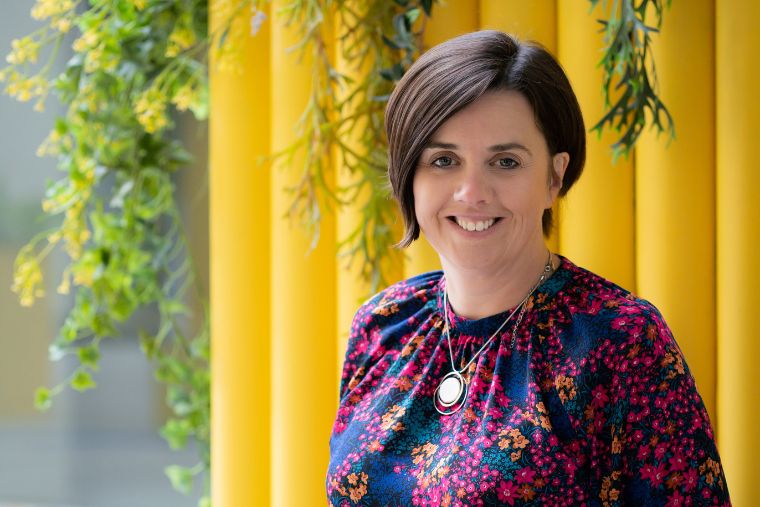

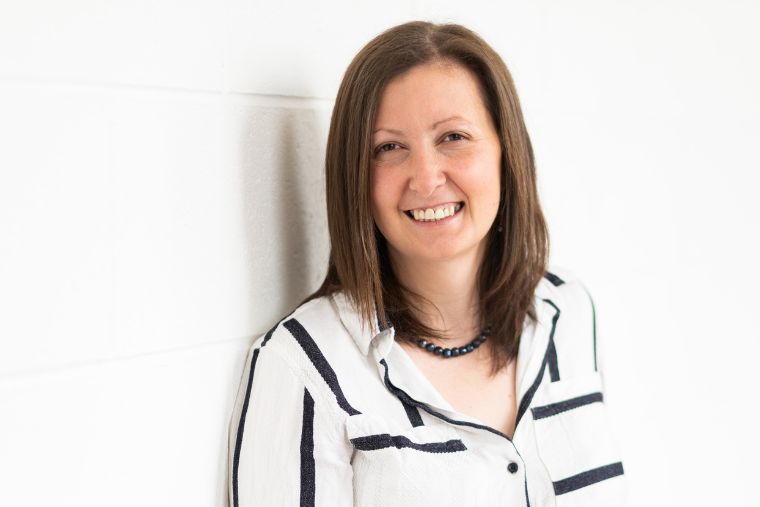
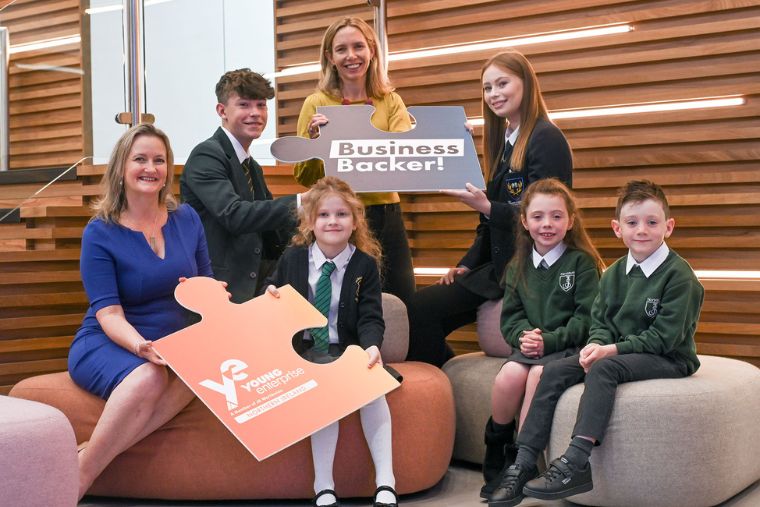
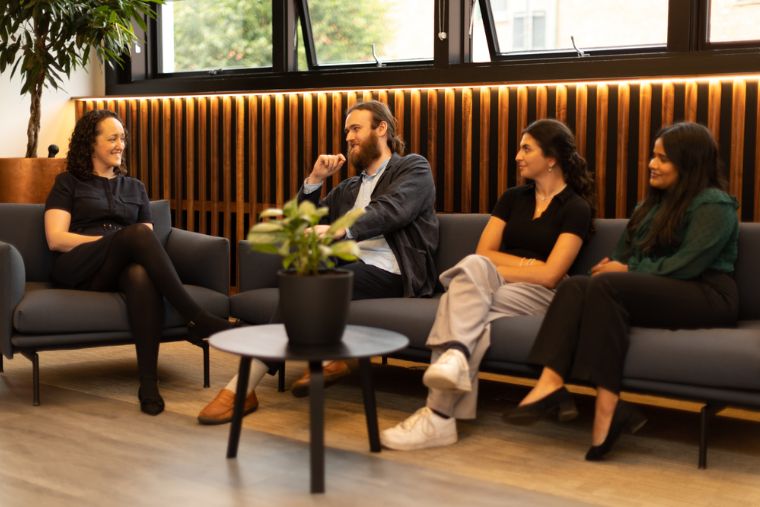
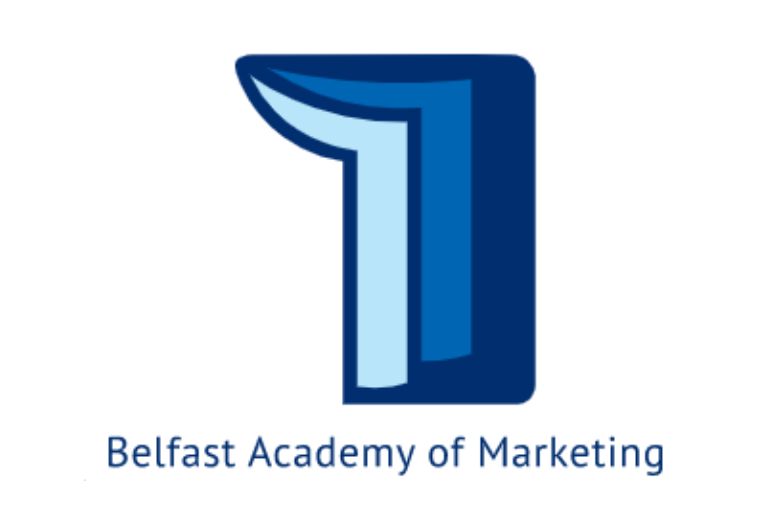
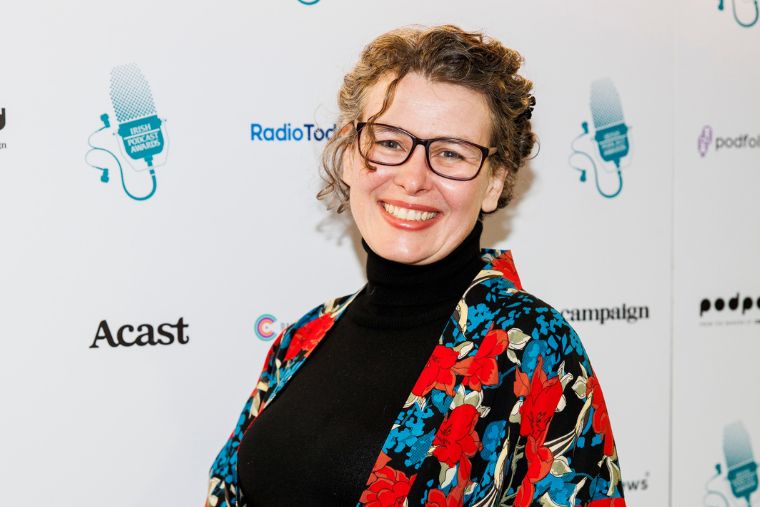
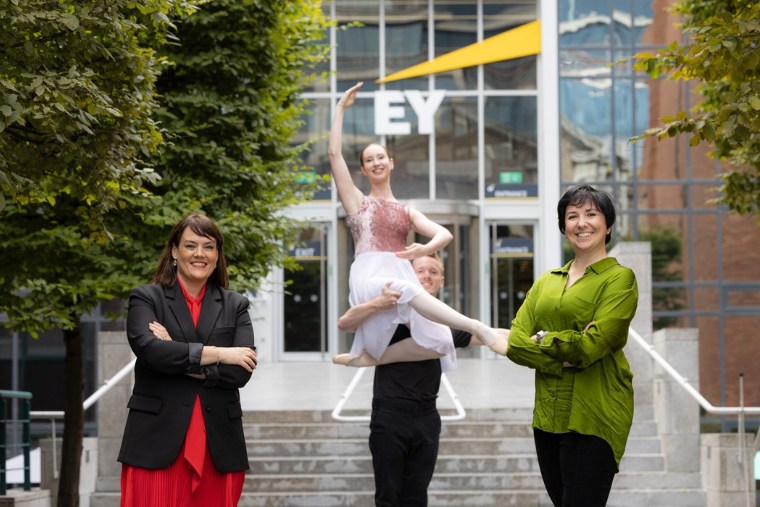
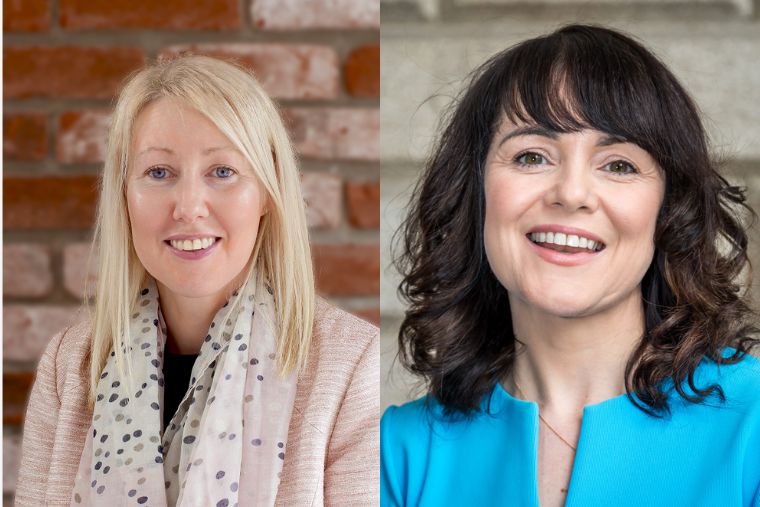

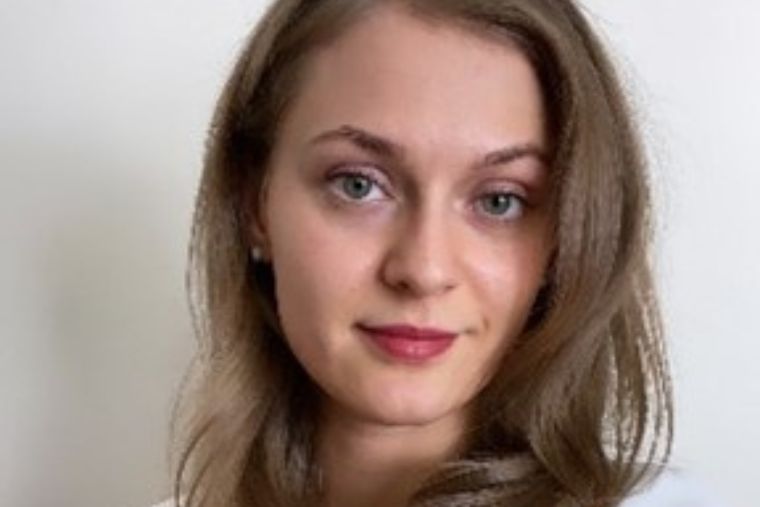



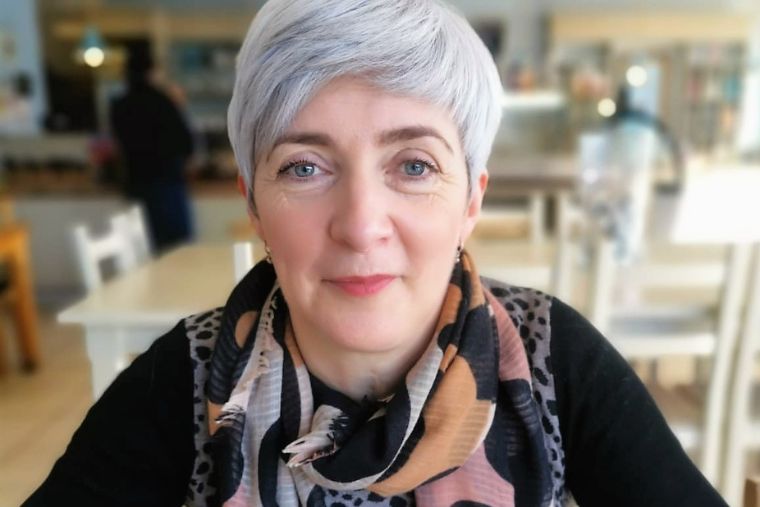
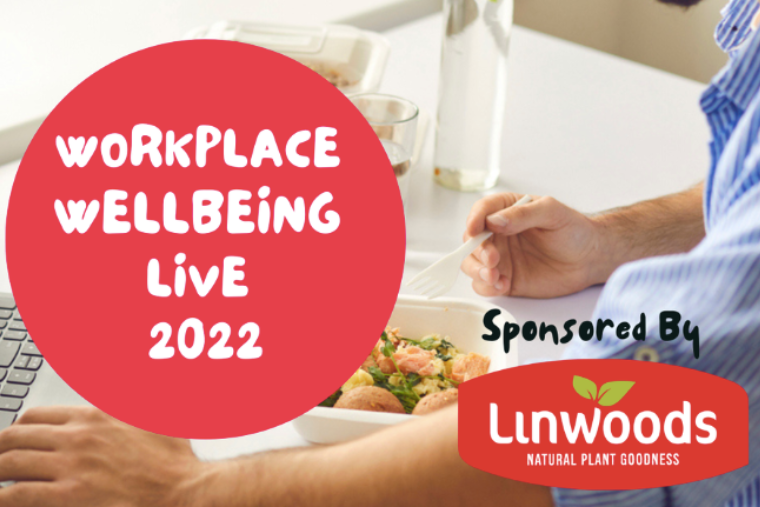

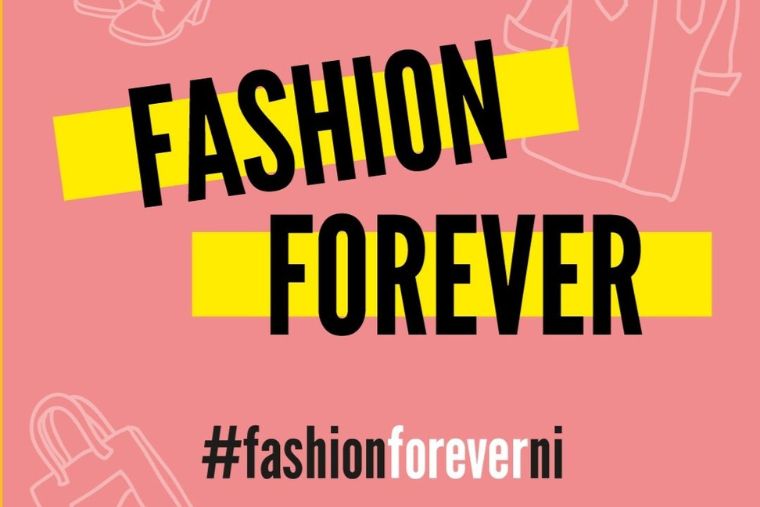

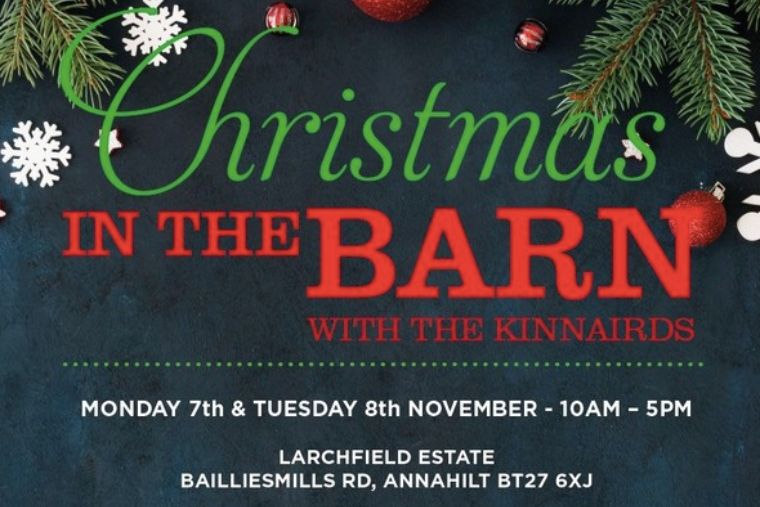
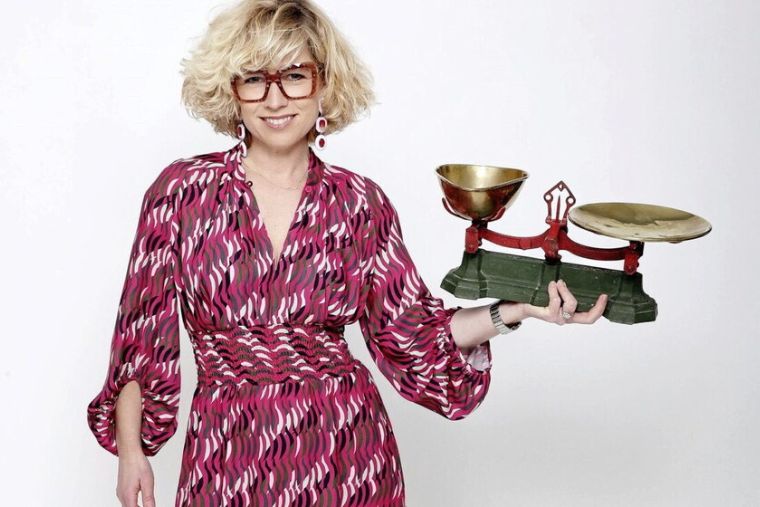
 Get in touch with us
Get in touch with us